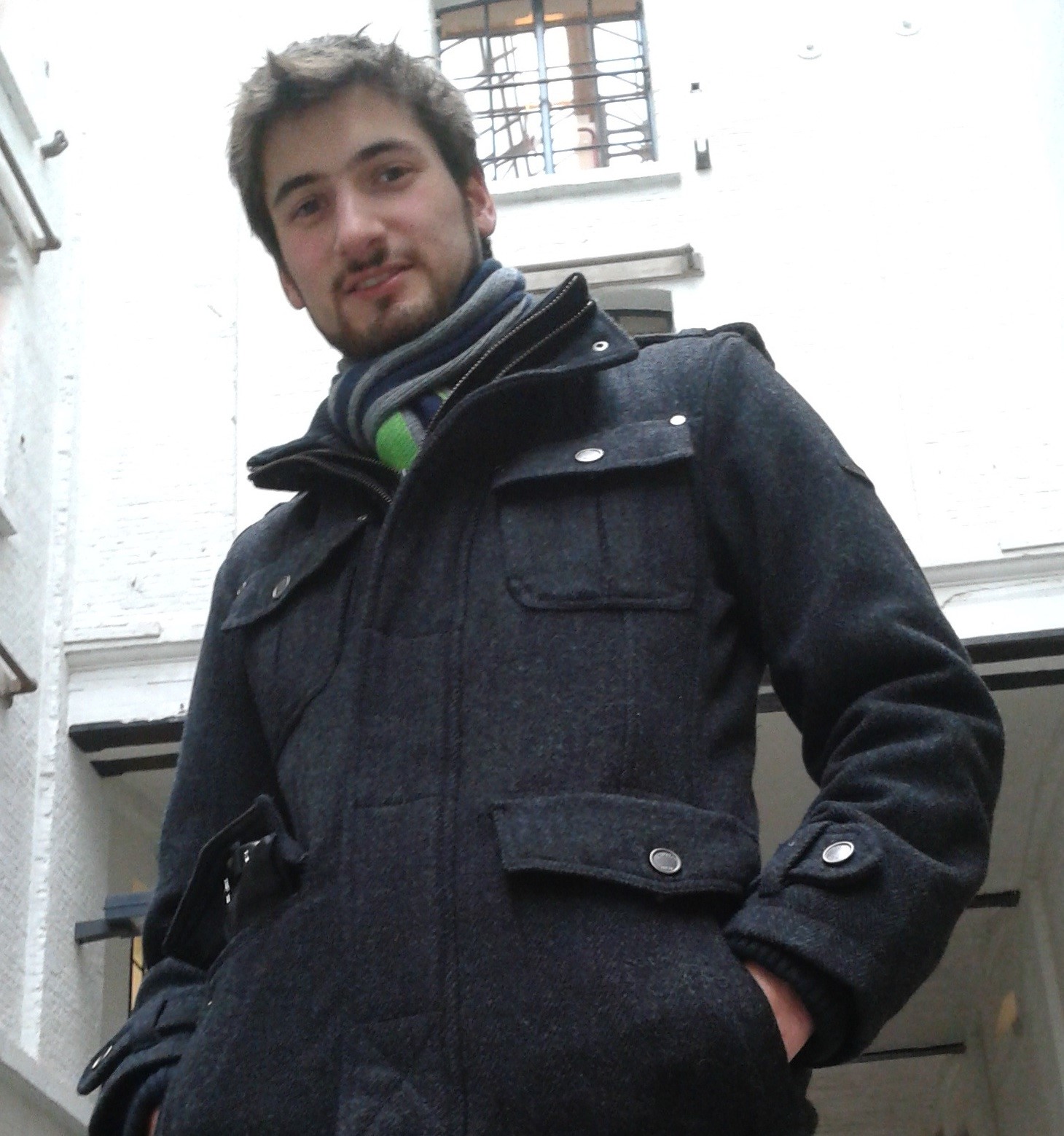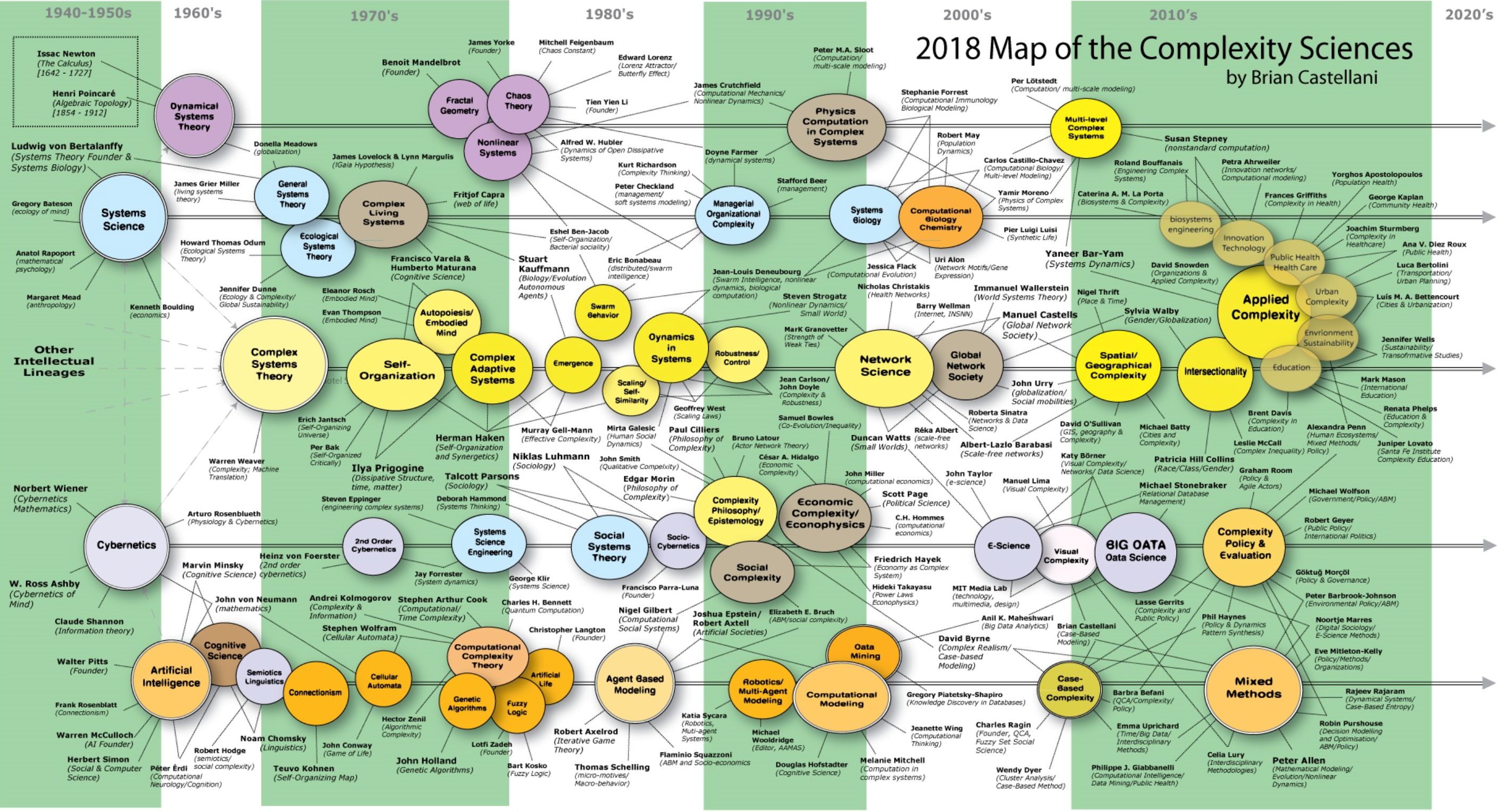Complexity science for the study of the human past
Associate Professor Tom Brughmans receives International Network Programme grant from The Danish Agency for Science and Higher Education.


Tom Brughmans has been awarded an International Network Programme grant by The Danish Agency for Science and Higher Education to establish new links between Aarhus University and the Santa Fe Institute. Tom Brughmans receives the grant for the project ‘Complexity science for the study of the human past’.
Improving our understanding of past complex systems is recognised as one of the grand challenges in archaeology. How and why do market systems and social inequalities emerge, persist and decline? How do small-scale human societies develop into large and politically complex entities? How do phenomena like cultural practices and viruses alike spread through these changing human social networks, get consolidated, and evolve? These are all complex phenomena that cannot be understood by scrutinizing their components in isolation, because these components behave entirely differently as a collective. These kinds of questions need to be addressed using the approaches and computational methods developed in complexity science. However, the use and critical evaluation of these approaches by archaeologists and historians are in their infancy.
This new international network aims to rise to this grand challenge, by exploring the issues and potential of the application of complexity science for the study of the human past. It will bring together Denmark- and US-based experts in archaeology, ecology, human health, history, physics, and computer science to set out key research lines, and to identify and develop missing methodological resources to enhance the use of simulation and network science methods in archaeology and history. It will establish strong ties between the global leader in complexity science (The Santa Fe Institute) and Aarhus University’s internationally-recognised strengths in archaeology and history, and most specifically in the relational perspective to past urban societies pioneered by Centre for Urban Network Evolutions (UrbNet).
The project ‘Complexity science for the study of the human past’ is funded by The Danish Agency for Science and Higher Education under the International Network Programme. It is directed by Dr. Tom Brughmans and co-PI Dr. Stefani Crabtree (Santa Fe Institute, Utah State University). The project will run for 24 months in 2021 and 2022 and will host a number of workshops in Aarhus and Santa Fe, inviting national and international experts in archaeology and complexity science.
